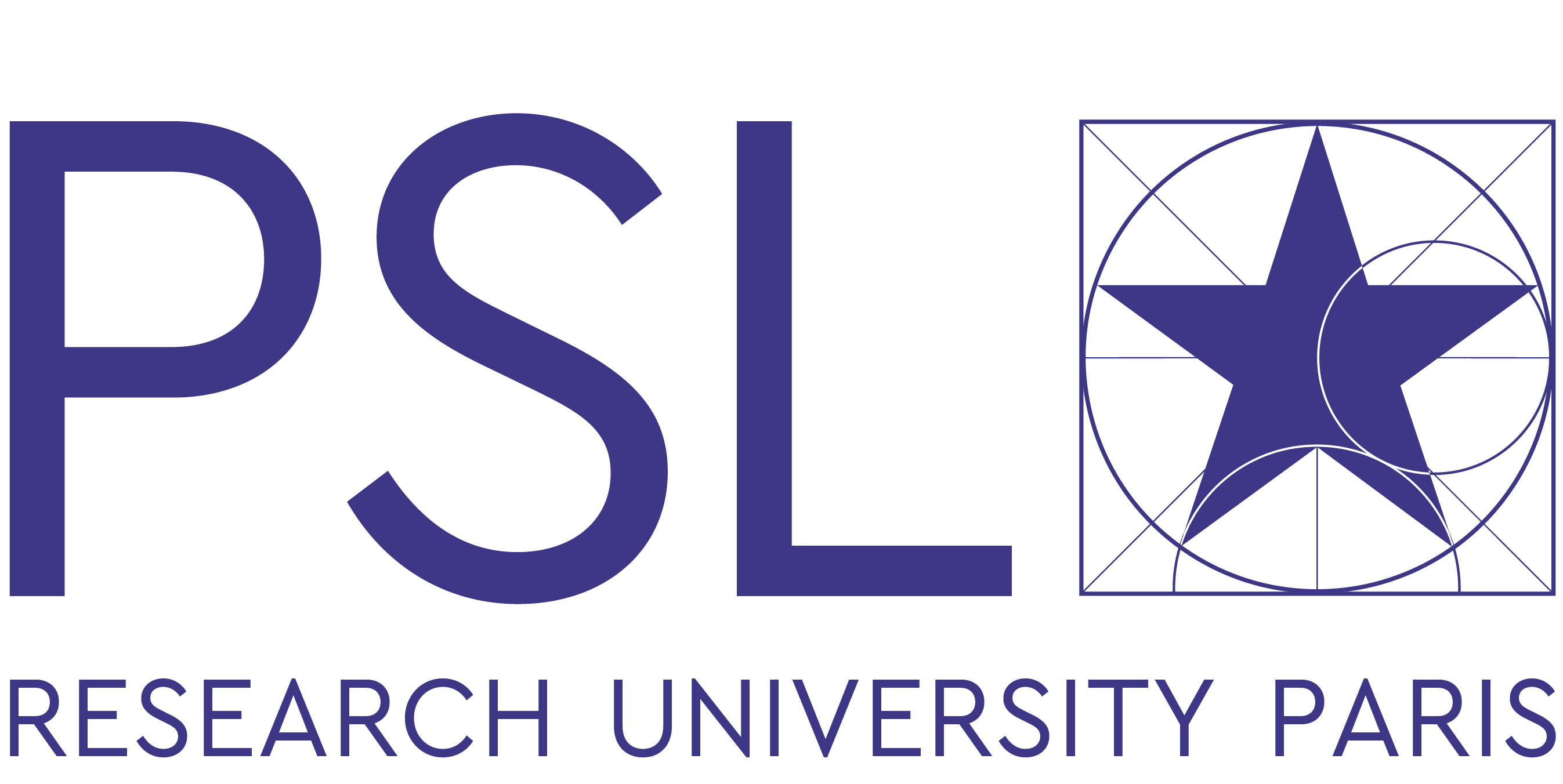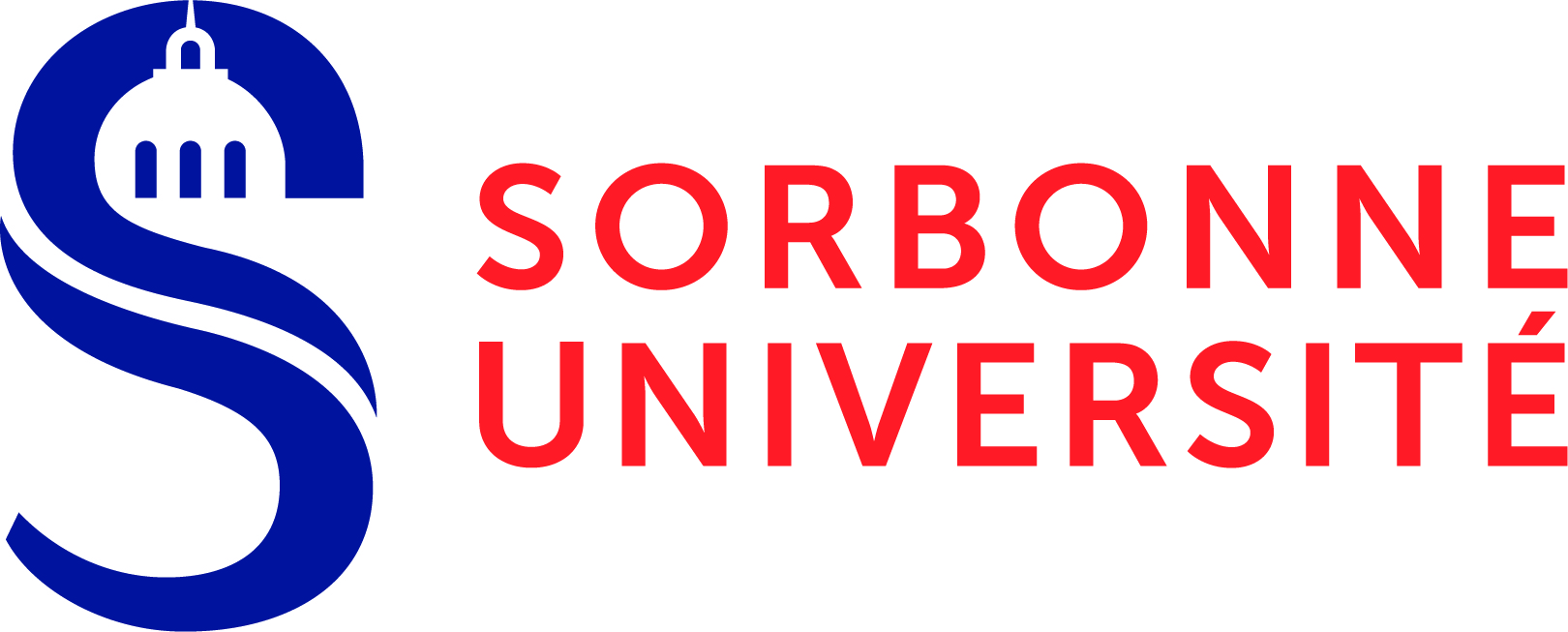Coming to France
Coming to France
This page offers informations for PhD students arriving to France from abroad (housing, administrative tasks, bank, etc...).
It is mainted by the PhD students representatives, and is still "Work in progress". Thanks also to Silvia Pietroni for her help.
Some Universities offer a dedicated help :
- PSL has prepared a document that gives many useful informations to everybody.
- Paris-Saclay has a dedicated web site.
A Visa for France
Keep in touch with your supervisor and the laboratory. Usually part of the documents cannot be obtained without them.
- If you come to France for the first time, ask your nearest French consulate, as details may vary.
- All the requirements are detailed on the Official web site of the French administration (in French). Click on "Chercheur".
- If you need to validate a foreign diploma, go to CIEP.
- If uou need a French translation of your documents, you may look for a sworn translator.
Begin as soon as possible. Delays can be several monthes long.
Opening a bank account
Upon your arrival in France, you will need a bank account in order to receive your salary, pay by bank transfer, credit card or check.
To open an account, you need your certificate of education (obtained after registration at the university) and a proof of residence (gas or electricity invoice, certificate of accommodation written by the owner of your flat, ...).
Beyond that, many banks ask for many more documents, and the process can be non trivial. You may be asked for :
* Your working contract (engagement)
* Your rental contract (appartment)
* 2 or 3 payslips
* A bank statement of the last 3 months from your previous bank account (in your country)
* A copy of your passport or ID card
* A copy of the ID card of your owner
* The last electricity bill or Taxe d’habitation (proof of residence)
* If you do not have a contract for the flat a "Attestation d’hébergement"
Here is a non-exhaustive list of banks where you can open an account : LCL, la Banque Postale, la Société Générale, le Crédit Agricole, BNP Paribas, la Banque Populaire, Caisse d’épargne, ... It may be easier if you are introduced by somebody already in the bank agency.
At the beginning of September, some banks allow the opening and using of an account with only a pre-registration.
Insurances
There are several mandatory insurances, the most typical (but not necessarily the only ones) are the civil responsibility, medical and for your home. In some cases, home insurance may include a civil responsibility one, so check it with your insurance company.
######Social Security and Carte Vitale######
You need to be affiliated to the French social security regime. If you have a working contract in France, the contributions are automatically deducted from your gross salary. In this case, you do not need to pay in addition to a student social security membership. If the University has required you to pay for this enrolment, you may request a refund.
Once registered, you can ask for a "Carte Vitale"
You need it for any medical appointment and to by medicines in a pharmacy. You must fill a specific form (check that it is up-to-date), and provide some documents :
* A bank ID (RIB : Relevé d’Identité Bancaire)
* An extract from birth certificate in French /. Note that a long delay may be required to get it from your birth place.
* 2 or 3 paysplips
* A copy of your ID card or passport
* A copy of your work contract
* A copy of your rental contract or a certificate of lodging, with the last electricity bill
Warning : The birth certificate is the most important document in your file. To our experience, it is strongly recommended that this document was created in the last 6 months (this may be required by your health insurance fund). In addition, they may also ask you to translate it by a sworn interpreter translator.
A directory of sworn translators from France is available.
If you have a working contract, then the mandatory medical insurance (SS : Sécurité Sociale) is already included. In that case, you do not need to pay also for the "student" version of the same insurance. If you were obliged to pay for it when registering at your University, you may ask for a refund. Here is an example of a file that did the trick.
######Self Insurance######
You need one. It may be included in another of your contracts, so check first. If not, you have to subscribe one. E.g. to MACIF, but there are many.
Taxes
If you have a work contract, you must / declare your income, even if it is too low to pay taxes. Usually, this is done on line. However, the first time you do it, you may have to fill a paper form and go to the "centre des impôts" from where you live.
Check the official government web site going to "première déclaration".
French courses
As a PhD student registered at the doctoral school “Astronomy and Astrophysics of Ile-de-France”, you can take French courses. You can register to those proposed by :
* PSL : FLE
* SU : FLE.
The financial cost is paid by the doctoral school.
Transport card
If you use transports every day (bus, metro, RER, tram, etc.), it is cheaper for you to have a transport card. If you use the transport occasionally, you can buy tickets in each station or bus.
As a PhD student, you are both a student and an employee of the French administration. As a student, if you are less than 26 year old, you have a preferential rate for transport in Ile-de-France : “forfait Imagine R Scolaire et Etudiant” to have access to all transports in Ile-de-France for 38 euros per month. You can subscribe on the internet at Imagine R (in french). You have to be registered at the university and you must provide a registration certificate or a photocopy of your student card in order to obtain this card.
Driving licence
The minimum age for driving in France is 18 years old for the permit “B” (which allows to drive car and van).
As a student, you can drive with your European or non-European driving license during your studies. If you want, you can exchange your driving license for a French license, if your home country practices the reciprocal exchange of licenses (this is the case for European and some non-European countries). To do this, you must go to the prefecture or sub-prefecture of your place of residence, or to the police prefecture if you live in Paris, to make an exchange request :
* European (in french).
* Non European (in french).
When your license expires, you must pass all the theoretical and practical tests of the French driving license by enrolling in a driving school.
 Ecole Doctorale Astronomie et Astrophysique d’Ile de France
Ecole Doctorale Astronomie et Astrophysique d’Ile de France






